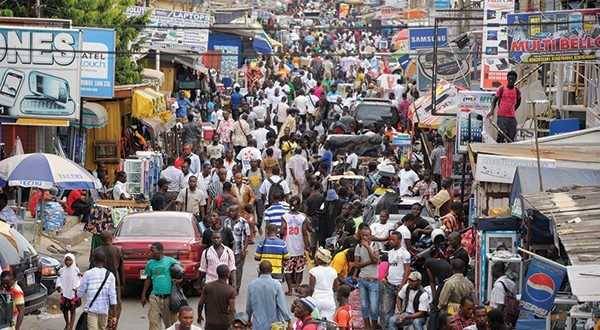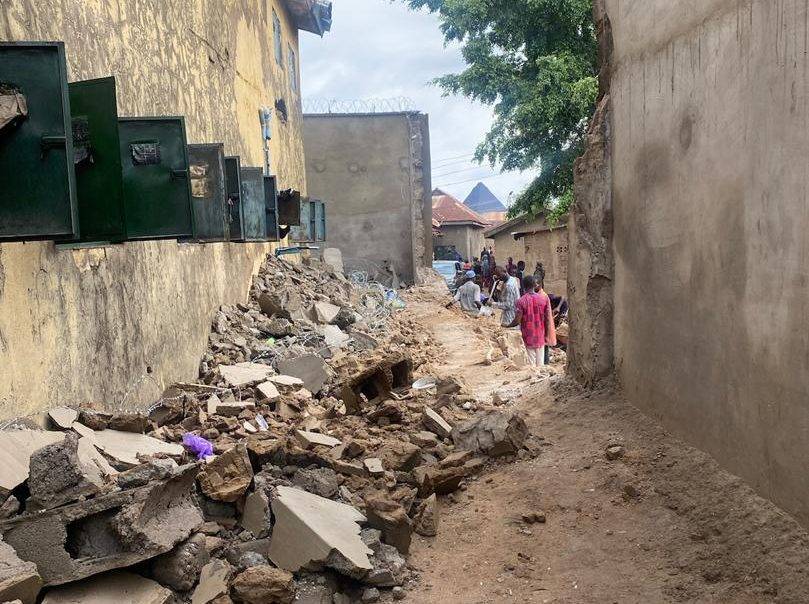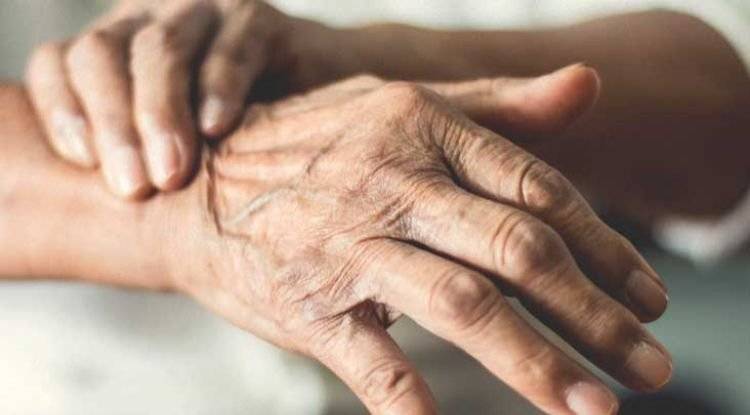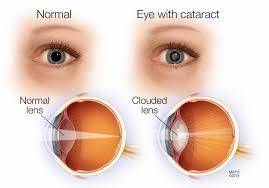According to Dr. Peter Takyi Peprah, Assistant Chief Statistician and Director of Field Operations for the Ghana Statistical Service (GSS), around 57% of the country's population resides in cities.
According to the 2021 Population and Housing Census, metropolitan areas are increasingly "soaking" the stresses of a huge population.
Dr. Peprah made the remarks during a virtual symposium on family and urbanization hosted by the Ministry of Gender, Children and Social Protection and the Department of Social Welfare as part of festivities marking International Day of the Family.
In 1993, the United Nations General Assembly passed a resolution (A/RES/47/237) declaring May 15 to be International Day of the Family.
The day is observed to recognize the significance of the family, to raise awareness of family concerns, and to deepen understanding of the social, economic, and demographic factors that influence families.
This year's festival, themed "Families and Urbanisation," aims to raise awareness about the necessity of family-friendly, sustainable urban policy.
Dr. Peprah stated Greater Accra saw a 1,000,000 rise in population owing to migration between 2010 and 2021, followed by Ashanti Region with 200,000, and Western Region with 100,000.
The Eastern and Ahafo areas, on the other hand, showed negative numbers, suggesting that fewer individuals relocated to those regions than ten years before.
He said that practically all of the country's regions experienced population growth, with the bulk of people relocating to metropolitan centers within those regions.
According to the Census data, the majority of those who relocated to cities were young individuals, with a median age of 29 years and 53.8 percent men and 40.4 percent females.
According to the report, 47.3 percent of them had never married, which had an impact on the country's median age at first marriage, median age at first birth, and overall fertility rates.
Dr. Peprah defined urbanisation as the process of a growth in the number of people who are claimed to reside in "urban" areas.
Better work chances, education prospects, technology, availability of power, water, enhanced transit system, and cultural, social, and entertainment options, he said, all contributed to the growth in migration from rural to urban regions.
People who relocated to cities ended up living in slums and were often worse off than those who stayed in rural regions, according to the Director.
Due to economic challenges and the establishment of an unhygienic environment, he argued, urbanisation provided breeding grounds for social vices like as prostitution, armed robbery, illegitimate offspring, and terrorism.
 blogpay
blogpay























